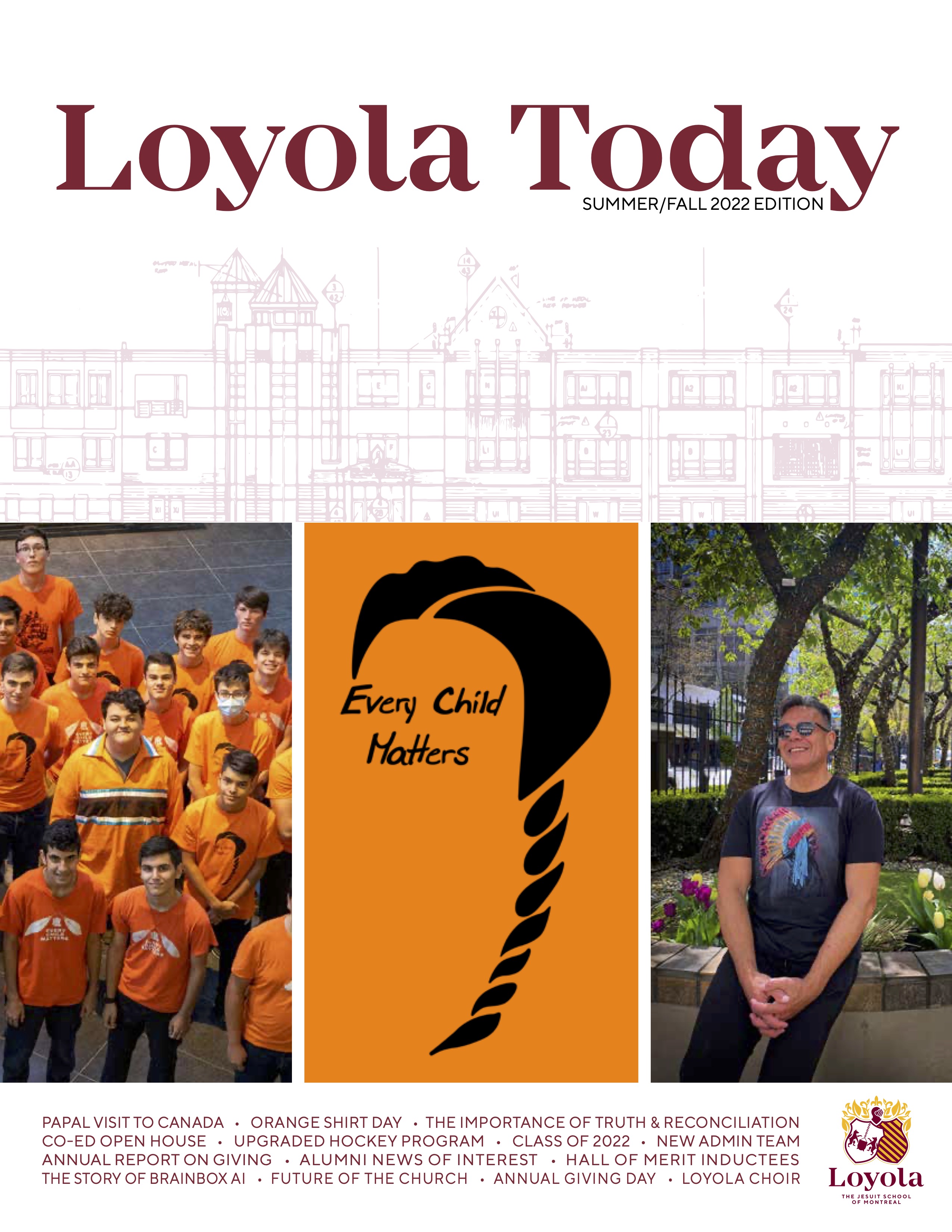Building a Community of Resilient Faith
Written by JP Mancini '05, VP of Mission and Formation
In our shared endeavour to form students of conscience, competence, compassion and commitment, Jesuit institutions, with the right intentions, spend a great deal of our time investing in the individuals we encounter in our daily work. In the spirit of Ignatius, our commitment to the care for the individual is a valiant and worthwhile focus that allows us to align ourselves closely with the exercises and their end goal.
Alongside that commitment to the individuals in our communities, we must remember that part of forming individuals who are deeply rooted in Jesuit values is providing them with a community that allows them to flourish and fully develop their potential and implement those values and teachings that have been part of our Jesuit schools as long as these schools have been around. At times, we may have taken for granted what it is to a community that shares a common understanding of the world because many, if not the overwhelming majority of our students, were coming from personal situations that were not necessarily the same but similar. One way in which there were similarities was that many of our students arrived at our doorsteps with basic understanding of faith communities either through their family lives or their parish community and in some cases, both of those parts of their lives were well established and integral aspects of who they were as people.
In the summer of 2024, I was asked to participate in JESEDU-Jogja2024 in Indonesia and share my experience of working at Loyola High School, Montreal. While Montreal, Quebec has a rich history of Catholic tradition and is well known for its numerous religious monuments and basilicas, Quebec lives a very different reality these days. Like many parts of the world, a wave of secularism has had a drastic impact on the people of Quebec and the way in which people choose to live their lives and raise their families, alongside the government’s decision to remove religious education from schools has significantly changed the landscape for Loyola High School. Without diving too deeply into the political context of Quebec and the societal impacts of the Quiet Revolution in our province, Loyola High School has had to adapt its way of forming our students in the Jesuit tradition and take a more conscious approach to our pastoral activities in order to be more deliberate in providing an environment that allows for individuals to feel that our way of proceeding is one that is both possible and worthwhile regardless of where you are in your faith journey when you arrive at our door. In the spirit of the early Jesuits, we are asked to be missionaries without ever having to leave our own communities.
In our experience at Loyola High School, our focus has shifted towards four distinct strategies to help create a more open yet formative environment. Firstly, we must remain committed to our Mission and Jesuit values but the way in which we approach this must be flexible. There is no catch all solution when dealing with communities made up of thousands of unique individuals. Being comfortable with the concept of organically evolving your approaches to all things, whether it be academics, athletics, retreats or disciplinary policies, we need to focus on giving ourselves the flexibility to approach situations uniquely and as long as conversations and resolutions lead to a path that fits our Mission, find comfort in that flexibility.
Secondly, invest in teaching resilience in our faith to everyone in the community. It is very difficult to concretely teach how to develop resilience without reminding ourselves that a relationship with God is not unique from other relationships. Relationships with our friends, family or partners are built on overcoming obstacles together. In order to have our students or faculty members build relationships with God, we must remind others that overcoming challenges and hurdles in developing that relationship is an integral part of forming a genuine relationship.
Next, we need to provide them with ways in which that relationship has room to grow and that can be done by implementing aspects of the Spiritual Exercises into the daily lives of our schools. While there has been a greater commitment to the Examination of Consciousness in our global schools network, it is only one tool that may not work for all individuals. Whether it be imaginative contemplation or a focus on teaching students the movement of spirit by practicing how to share consolations and desolations in small groups, there are numerous ways in which we can make these practices a part of our daily lives with students and faculty members.
Finally, I believe that taking the time to discern what we value most with our school community is critical in helping everyone feel a part of the Mission. When we involve students and teachers in the process of discerning what we want to accomplish as a school, as a class, or as a team, we teach them the ways in which we actively consider God’s call to our communities and what he asks of us. It is with these tools and the many other resources we share with one another that we can continue this work and develop communities of a resilient faith.
Loyola Today
- Winter/Spring 2025
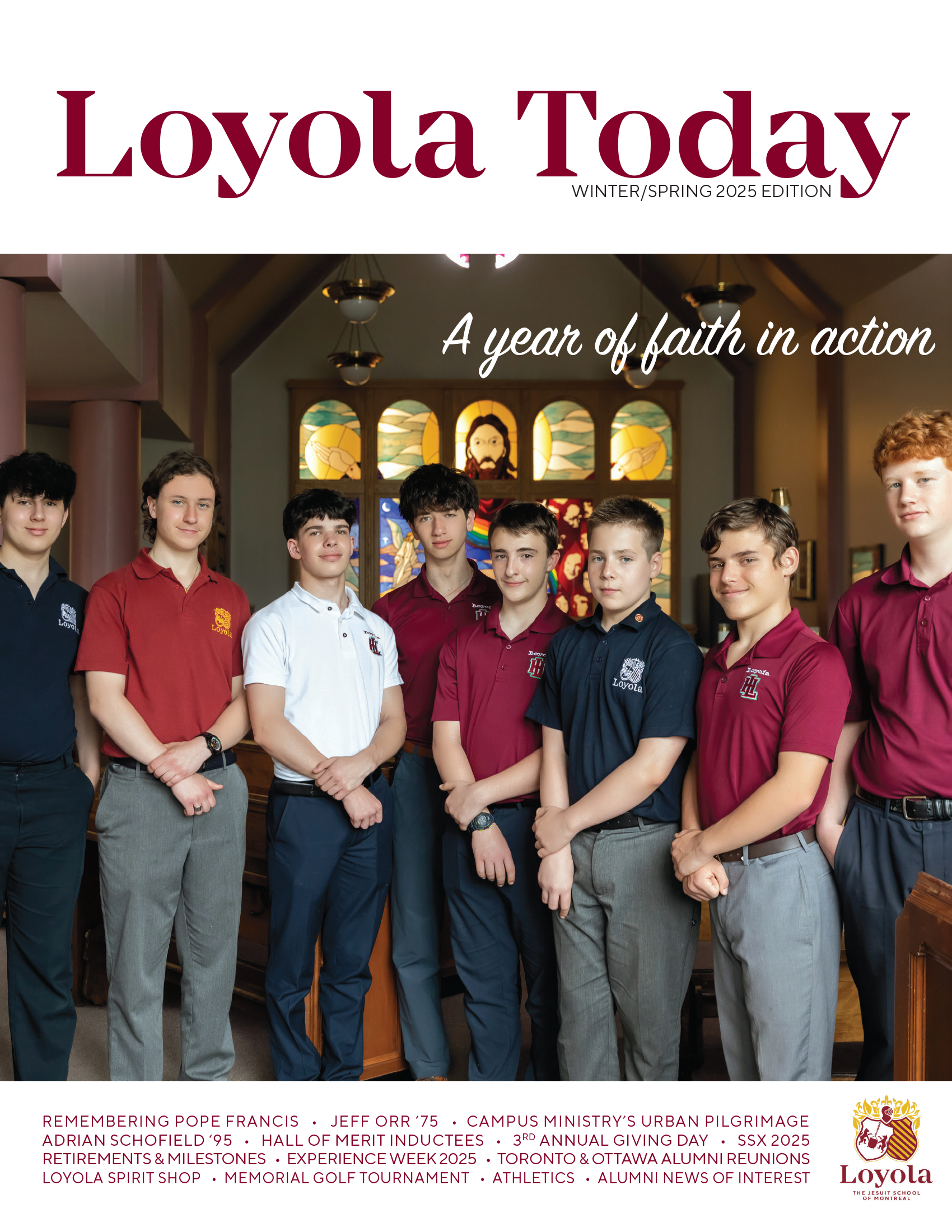
- Summer/Fall 2024
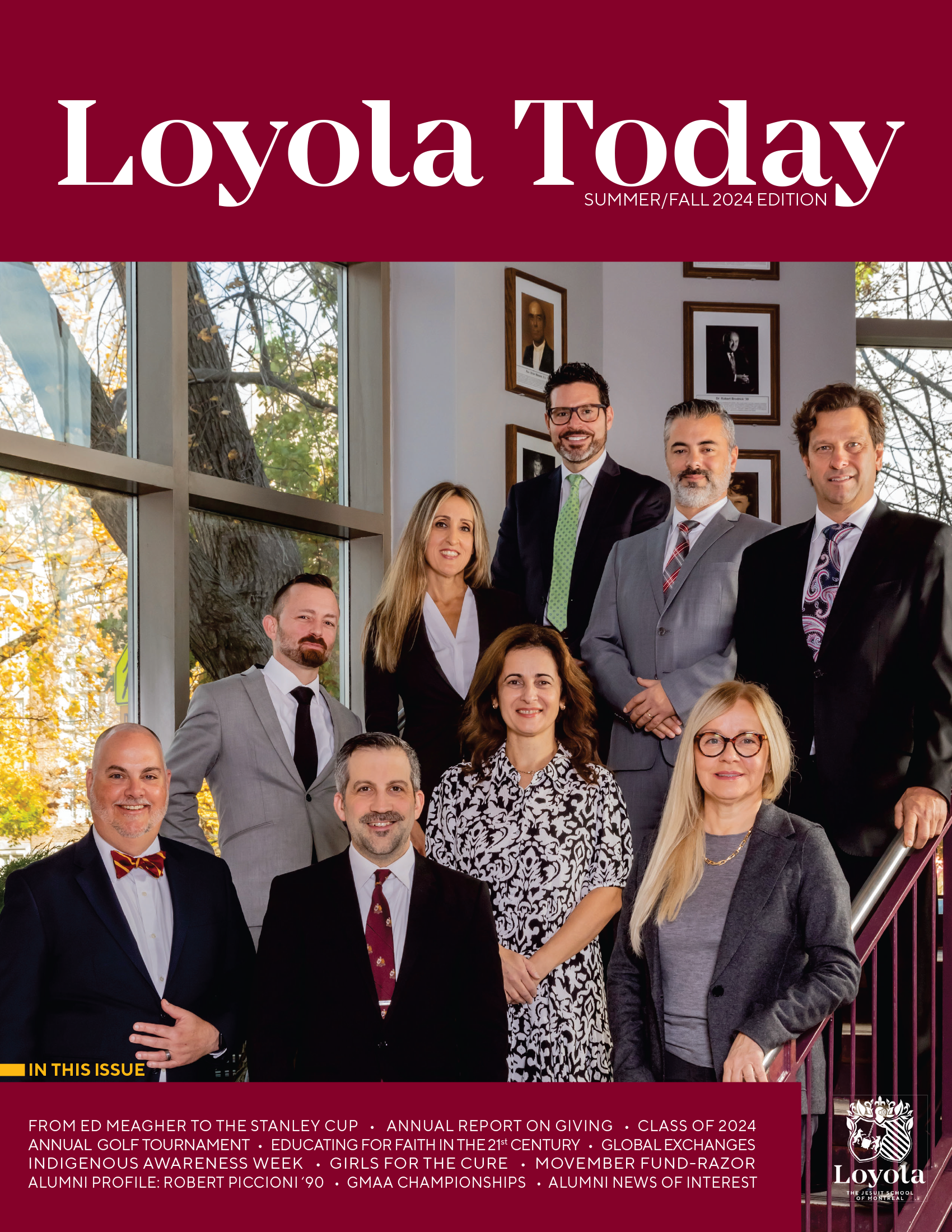
- Winter/Spring 2024

- Summer/Fall 2023
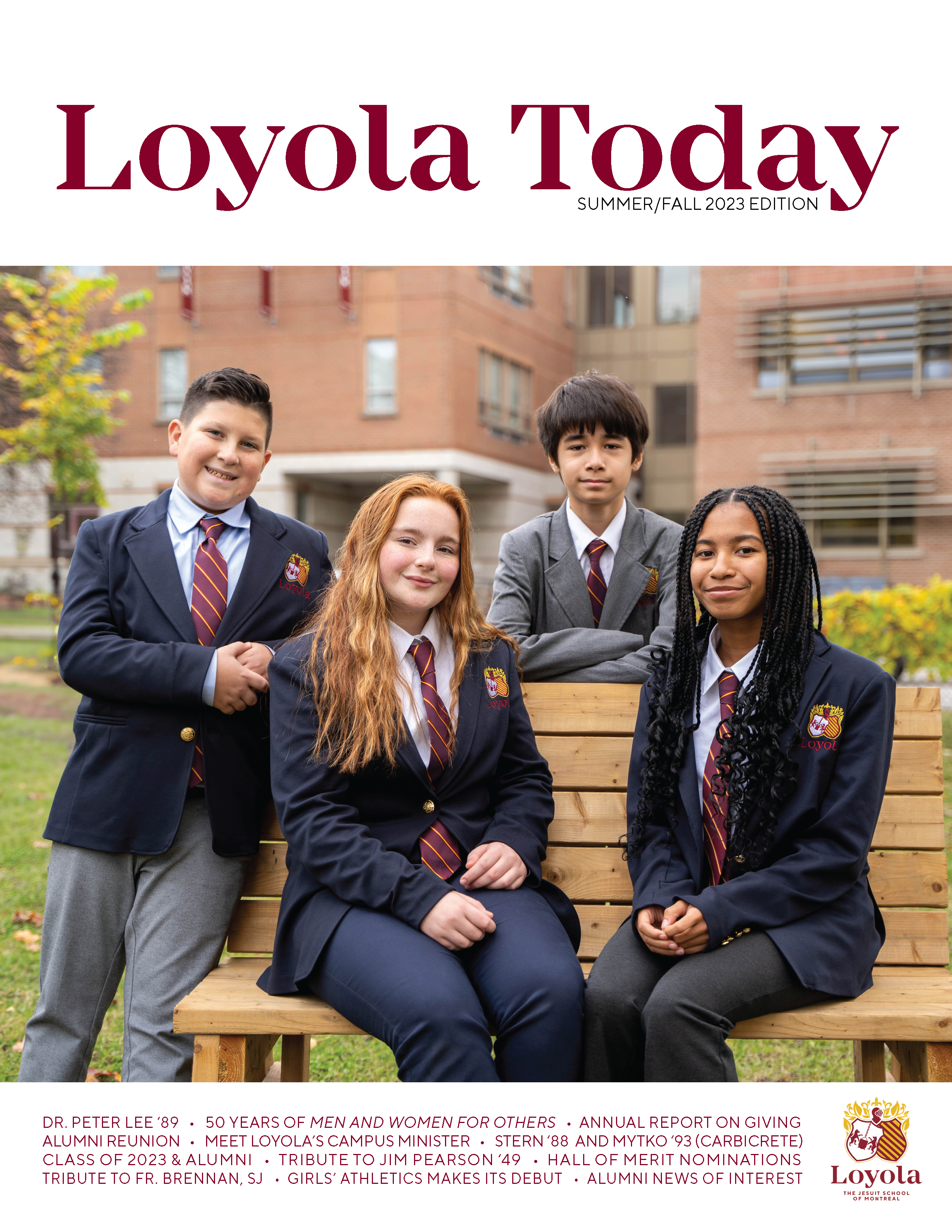
- Winter/Spring 2023
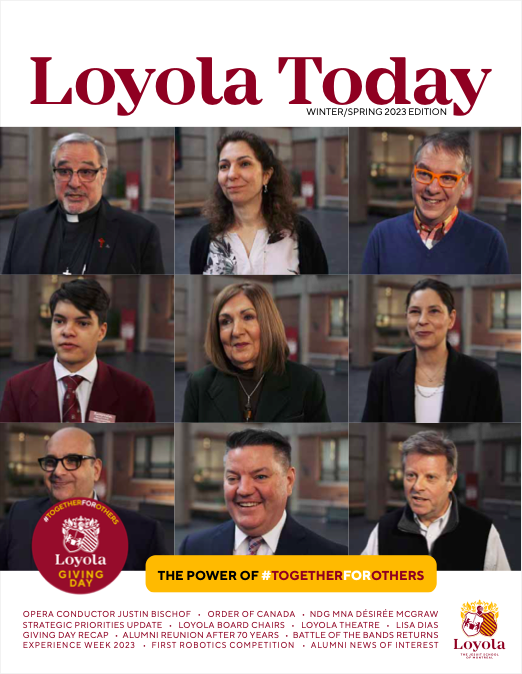
- Summer / Fall 2022
